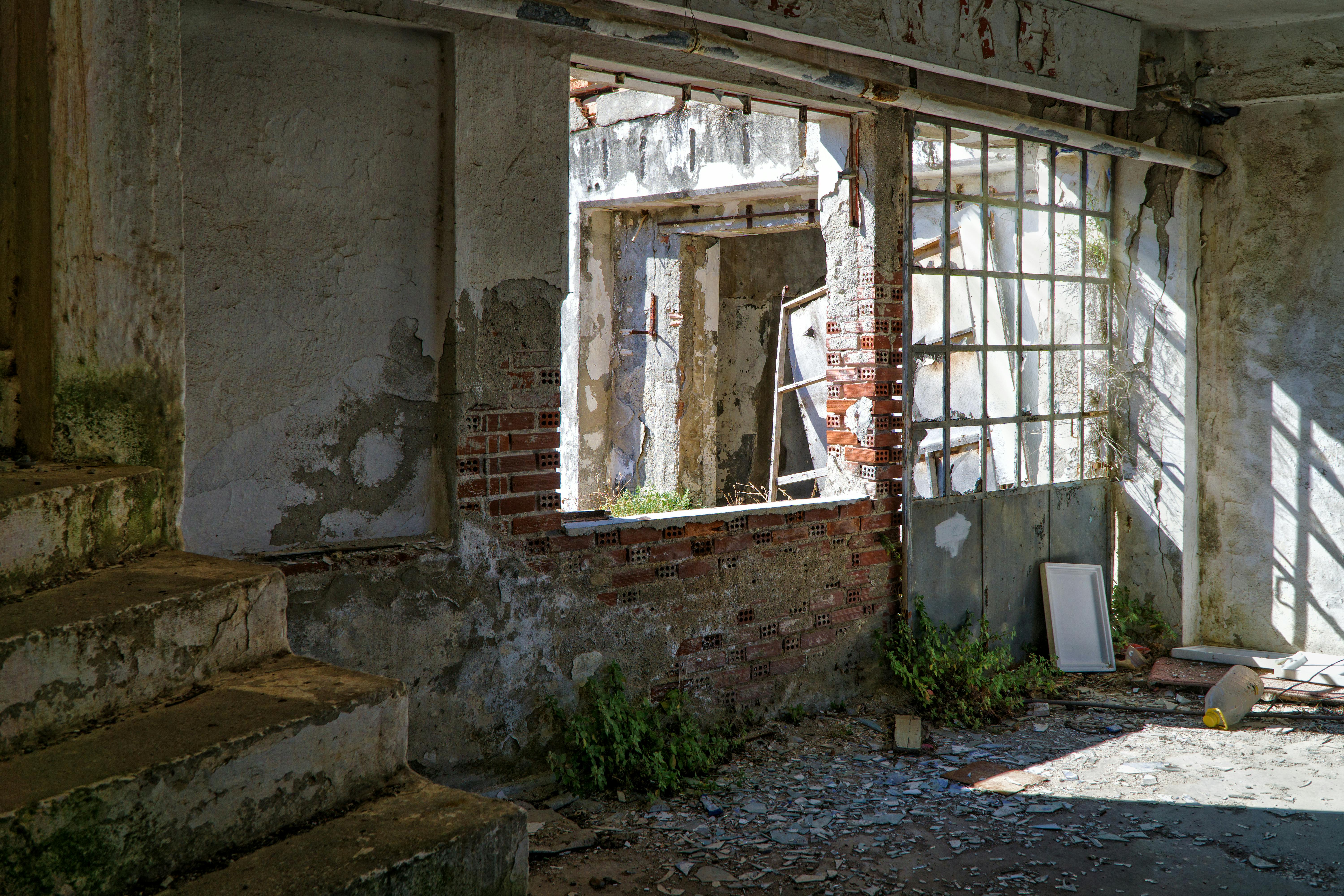Just about any hospitality business has a few self-service machines lying around. I’m not talking about gaming devices (which is another story), but about electronic gaming devices, commonly known as video games. While their inclusion is not the main feature of your place, you will notice that some of them lurk in some corner of almost every type of hospitality business.
Managing them is one of those jobs that the short straw drawer usually does. No one walks around with the “game room manager” job title, so it falls to a secondary responsibility of the entertainment coordinator, the buyer, or even the custodians. If it’s up to you, you have the opportunity to quietly build a small side business, given that you know your games.
Many people tend to trivialize the humble video game cabinet, but they are actually quite a lucrative profit maker for little floor space. The “golden age” of arcades, roughly between 1980 and 1995, saw the video game industry rise to the second most profitable industry in the United States, second only to the motion picture industry. Classic video games drew crowds and lines around the block, spawning sequels and spin-off movies, cartoons and comics, and entire genres of fiction. Arcade games made the fortunes of Atari, Sega, Nintendo, and many other tech companies that are still mighty today.
One consideration is noise, as well as other environmental concerns. Games are loud, and although the manufacturer’s settings allow you to control the volume, it’s best to keep a bank of arcade machines in a separate room for them. This room should be clean, relatively dust free, very dry and cool. The internal parts of video game machines are like what goes into your computer, with motherboards and chipsets, and they need to be kept cool and dry. If the fans inside the case become clogged with dust and debris, they can stop working and then cause a chip to burn out. You’ll also want some supervision of the area, which can be as simple as having the security guard nose into them twice per shift. Like all coin vending machines, arcade games are frequently subject to vandalism and theft.
Another concern is the rise of personal laptops and cell phones. In fact, why bother selling people games for a quarter a play when they have all the games they want for free on their personal electronic devices? This fear is actually totally unfounded; Ask any video game enthusiast and they’ll tell you that even the simplest game is more fun on a gaming cabinet than on a phone or laptop. Portable devices have drawbacks for gaming; they have small screens, tiny memory, poor sound quality, and the control interface ranges from awkward to abysmal.
Most of the maintenance is left to whoever has contracted to rent the machines, similar to the situation with vending machines. If your business follows that policy, you will have a service contract and be liable for damage, theft, vandalism, and all sorts of minor annoyances. However, most business owners simply choose this option because it removes all the details of their hair. The downside of using a service provider for your games is that you only make around 20% of the profits you could otherwise make.
Did you know that you can buy used arcade machines for as little as $25? Auctions everywhere move hundreds of machines a week, and most of the competition for them is from hobbyists. For that price, who cares about maintenance? Buy it, run it and let it gobble up coins for you, then scrap it and get another one. Of course, at the minimum price of $25, the game will generally require some tweaking and repairs. If you have an engineer on staff, you might jump at the chance, as many people with an electronics skill like to work with arcade machines for the novelty. Machines in better condition can fetch a price of $1000, but right now we’re talking about a four-player environment machine like a sit-down racing sim.
The simple standing ‘upright’ cabinet or tabletop ‘cocktail’ set takes up no more space than a refrigerator and can put that weird corner of your business space that you never knew what to do with to work for you and make you win. money. . The upright cabinet is the cheapest, it doesn’t have much more than a large wooden box, circuit board, display and controls. The cocktail models are the kind you still find in bars, with a table-oriented design, very easy for two players to share from either side, and with a protective glass cover to prevent the obvious danger of a spilled drink wreck the machine.
Arcade video games are experiencing a huge nostalgia streak that is still largely untapped. Anyone who was a child during the golden age of arcades will be happy to see a very popular game from their childhood. They are not (and in fact never were) just for kids. Video games are a genre of entertainment that spans all ages and cultures, as they are innocent, family-friendly fun that can be enjoyed by both young and old from all walks of life.
Plus, really popular games from bygone eras have a lot of nostalgic appeal. Twenty years ago these games were a dime a dozen, but now they are so rare that they are sorely missed. Increasingly, if the original slot machine is simply not available (there are hundreds in this category), the game can be emulated. There is a project, MAME, the Multiple Arcade Machine Emulator project, which is a free software project to maintain a single computer platform emulator capable of playing game ROMs. This allows for the restoration of original games whose owners are no longer in business. These require any computer and monitor built into a cabinet and equipped with the appropriate controls. Emulation hobbyists have brought the cost of supplying classic arcade games down to almost nothing, ensuring that our history of electronic entertainment can be preserved for generations.


